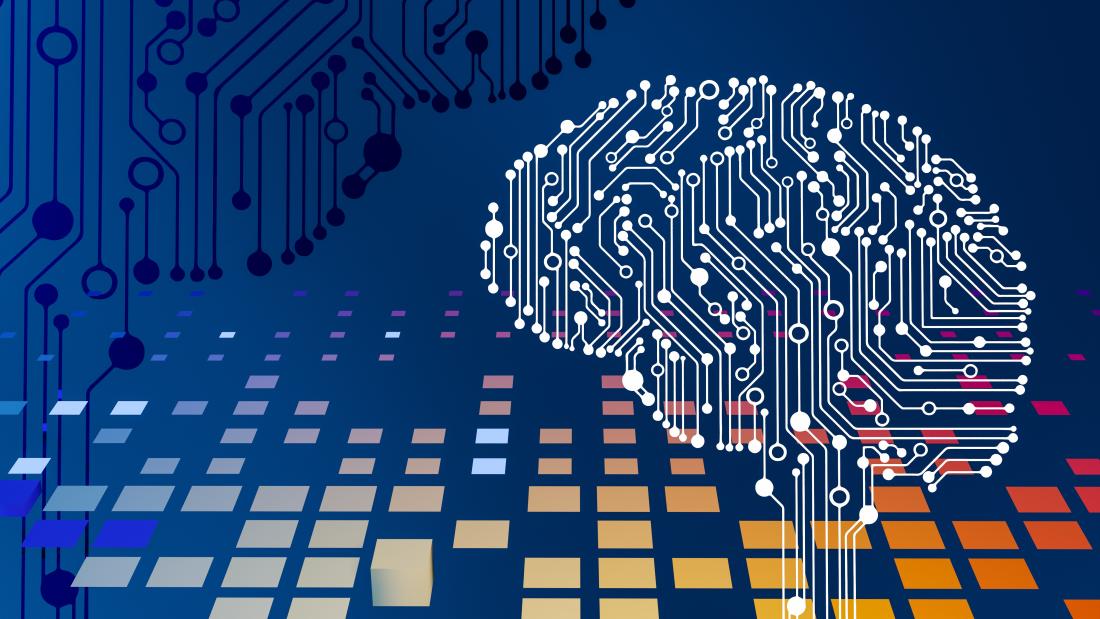At the beginning of this month, the UK Government held a two-day summit at Bletchley Park (the birthplace of modern computing) to discuss global rules and the extreme risks around the development of Artificial Intelligence (AI). During this summit, Elon Musk, the Tesla chief executive and owner of SpaceX and X, told Rishi Sunak that there will come a point where no job is needed as AI will be able to do everything. Musk comments have only fuelled the conversation about AI and the workplace, which is dominated by the downside. I can understand this negative view – after decades of automation eliminating manufacturing jobs, people in the service sector are worried about being replaced by AI. How many of the 315,000 workers in North Wales will, sooner or later, find their jobs being replaced by AI?
The AI revolution will be more disruptive to the labour markets than many of the technologies that came before it. If the Welsh Government, businesses and workers are not ready to embrace the impending changes, they will be left behind. This could lead to businesses collapsing, talent shortages, elevated unemployment, and society as a whole being worse off. It is critical that the Welsh Government help businesses and workers transition to an AI-powered economy. To do this, the Government needs to coordinate efforts in four key areas:
- Training and development
People are already apprehensive about the impact of AI on their jobs. The Welsh Government needs to support the upskilling of the workforce along with develop an understanding of how the technology will transform the economy. This upskilling must focus on how to use AI, where to deploy it, and its ethical limitations.
2. Redefining work
AI will change what is meant as work. The technology will be able to perform tasks at speed and scale that is hard to comprehend. As a result, the work currently perform needs to change so that people can focus on higher-value tasks such as creativity, emotional intelligence, and leadership. Businesses will need re-think how best to amplify the creativity and innovation of workers.
3. Employment transition
As we transition to the AI-powered economy, businesses and the Welsh Government must coordinate efforts to help workers adapt. This might be in the form of supporting upskilling or helping workers shift to growth areas or discover new career paths in other industries.
4. Social safety net
AI’s most vociferous advocates have raised concerns about the impact on the loss of income and jobs, especially for so-called lower-skilled workers. For those workers displaced or adversely impacted by AI, the Welsh Government must provide social protection.
Welsh businesses need strong governance and organisational cultures during this exciting transition, while workers need to be given the right skills, a new way of working, sustainable career paths, and social support. Technology has always been a powerful enabler of economic growth. But AI must be used in a responsible and ethical way that leaves no one behind.

